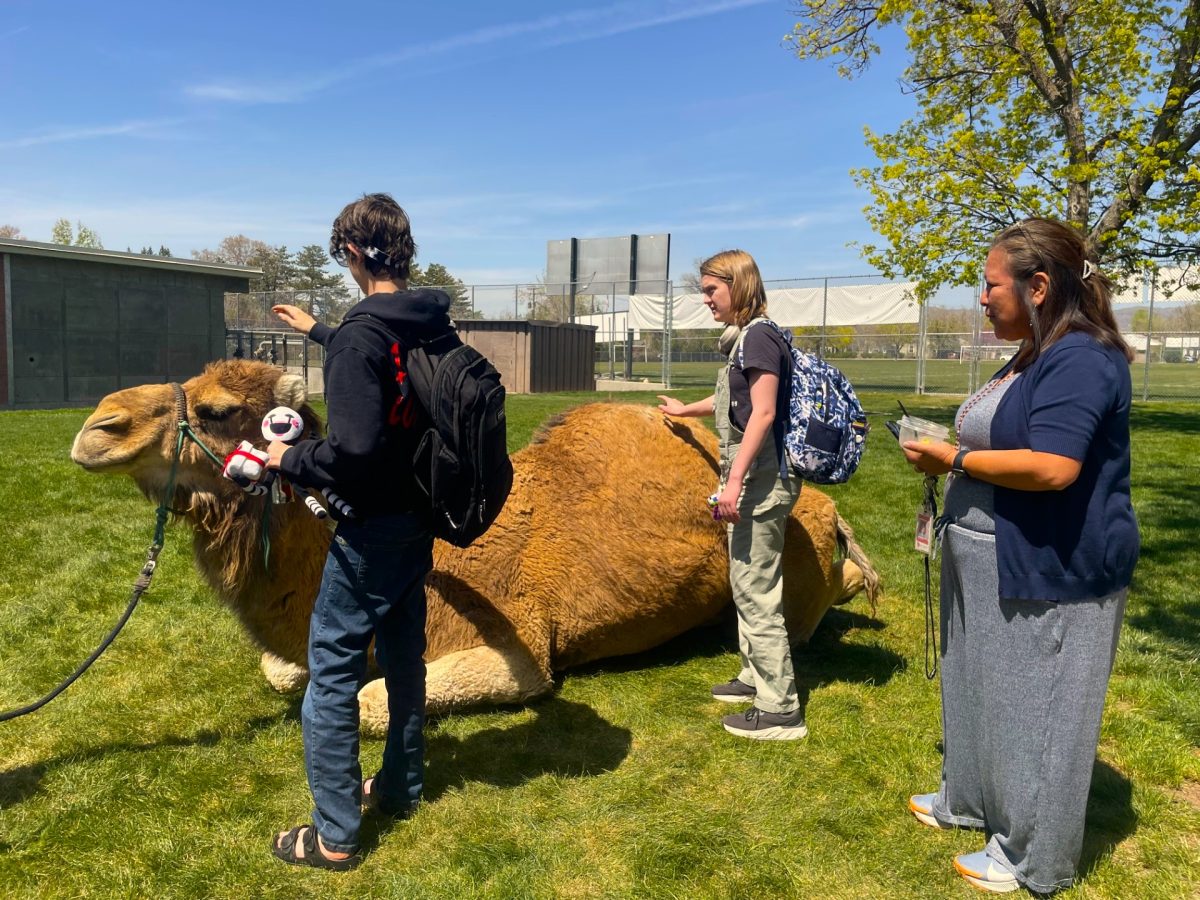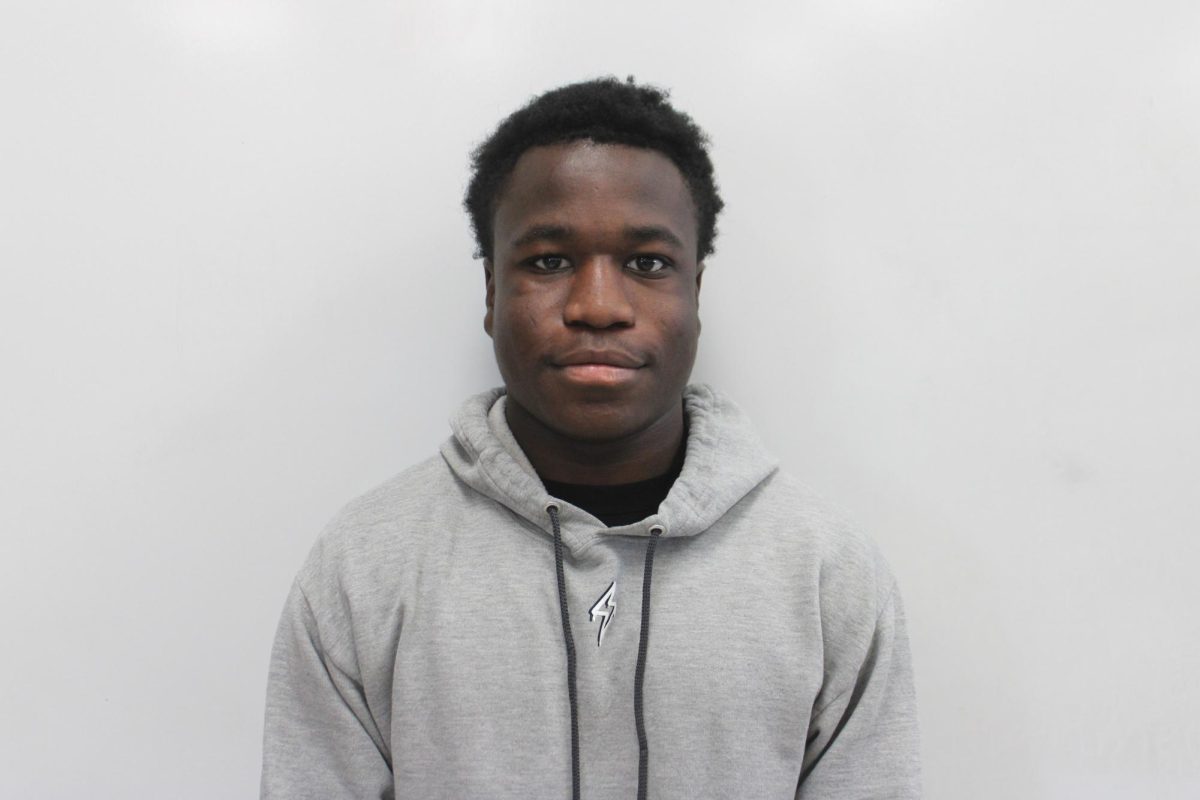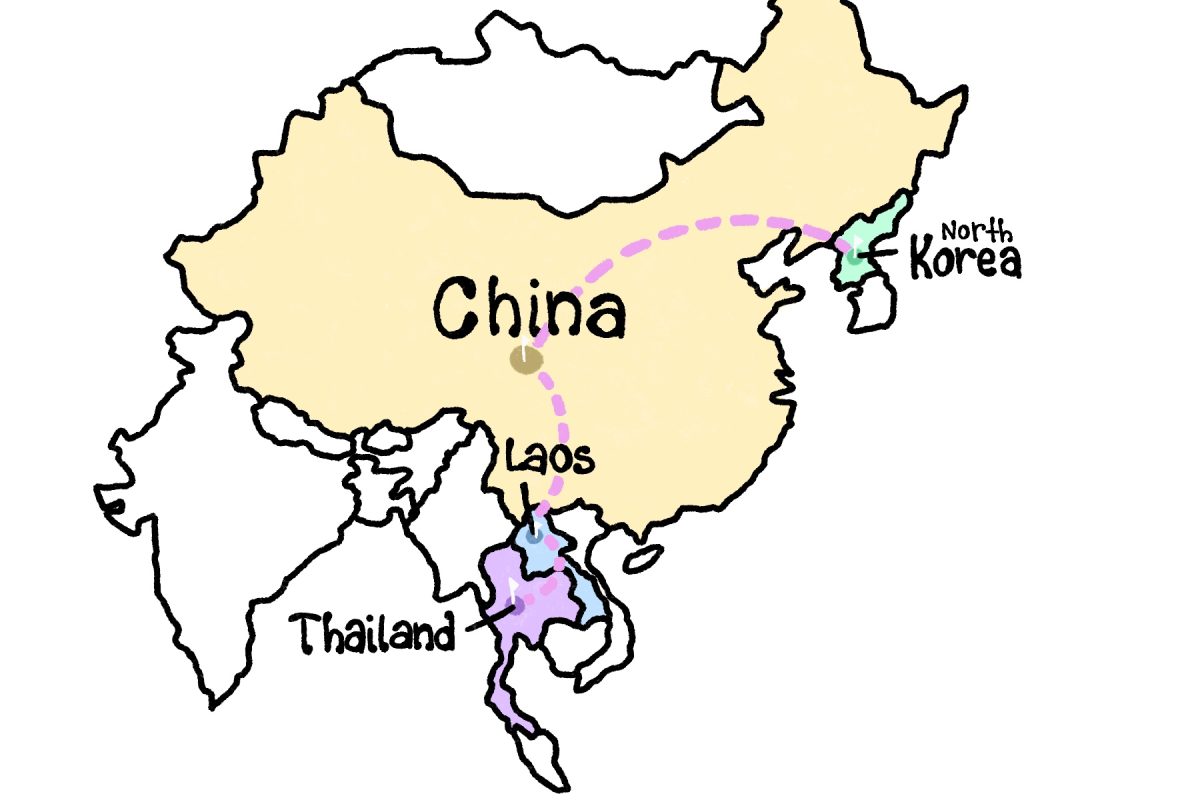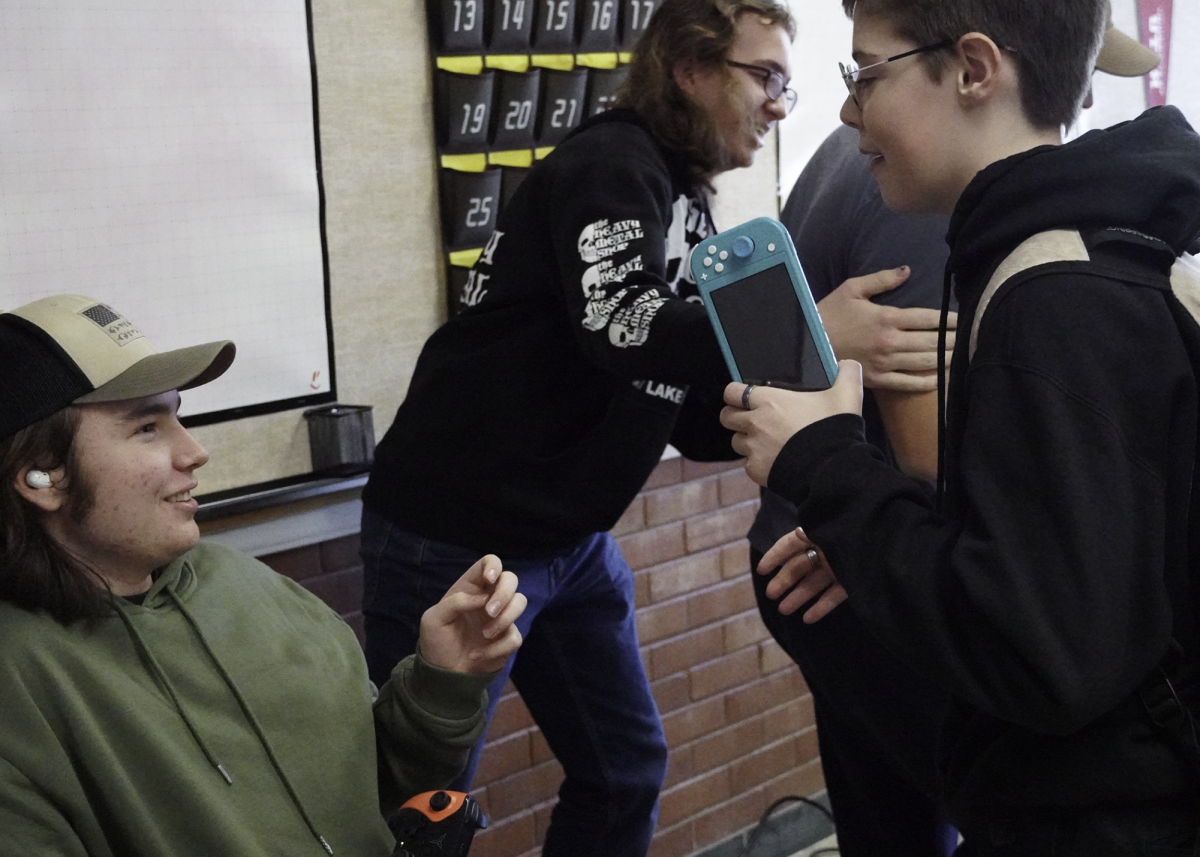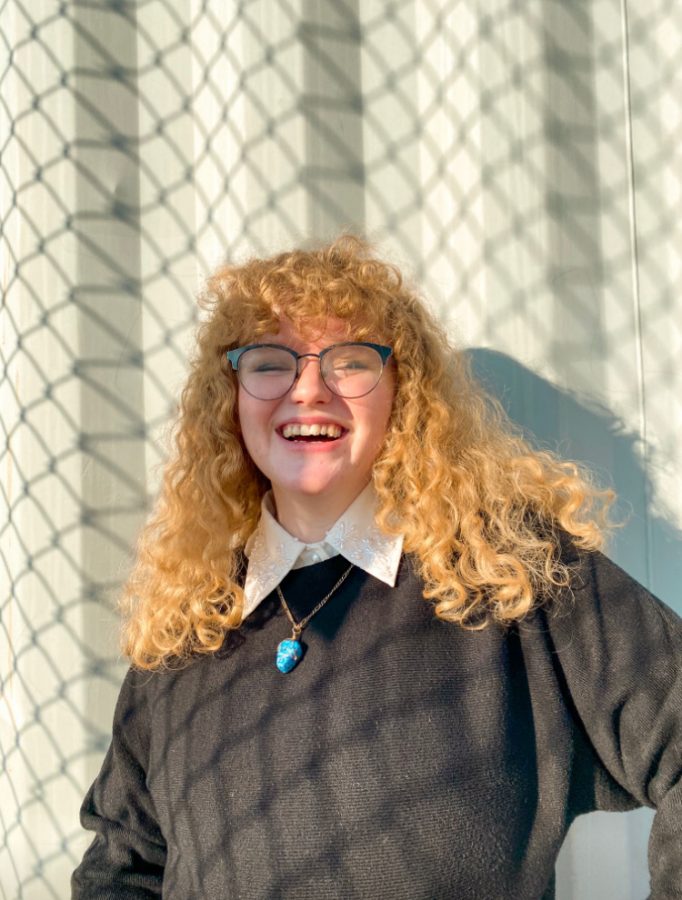Lavender: A Story of Trauma and Hope
Fiona Trinite writes to honor her father.
May 7, 2021
Faced with the haunting presence of an unknown apparition, the main character in Lavender: A Ghost Story, follows a journey of fear and self-confrontation. The spirit that we uncover throughout the narrative is a skillfully crafted metaphor for burden and trauma within one’s life. Some can interpret this meaningful comparison personally, and some, like Fiona Trinite, might be facing a ghost of their own.
Trinite is an avid writer and has written several poems and creative pieces, such as her thirteen-page composition, Lavender: A Ghost Story, which she says is likely her most favorite work.
“I always say we write to discover what’s within ourselves. It’s a very introspective process, to uncover what we’re feeling through metaphor or other figurative language,” Trinite said. “For me, personally, I process a lot of the things that [have] happened in my life through my pieces [. . .]. They really help me put words into what [. . .] is inside of me.”
Despite her indisputable strength in writing, there was a time when Trinite struggled to put her thoughts into words.
“Four years ago, my dad was diagnosed with prostate cancer,” she said.
After going through four rounds of chemotherapy and other periods of radiotherapy, immunotherapy, and experimental drugs, Trinite’s father became terminal during her sophomore year. His treatment became end-of-life care.
“He passed away on Christmas Eve of 2018,” she said.
Before her dad’s death, Trinite had not written anything in a long time. It was her eulogy at his funeral, where she delivered a poem she had written, that was the first piece she composed.
“Since then, dealing with and processing the grief of losing him—because I was really, really close with him—has fueled a lot of my writing,” she said.
When Trinite started putting pen to paper, inspired by the impact her father had on her, she found that her writing channeled much more than the words we read. Her stories became a means of remembering him.
“In a way, continuing to write is also honoring [my dad’s] memory,” she said.
Trinite decided to join Highland’s Advanced Creative Writing class this year in order to make her writing a consistent practice—something she can work towards.
Kevin Smith, creative writing and English teacher at Highland, noticed her unique aptitude for writing while teaching her in his AP English Language and Composition class.
“She has a wonderful voice that I think she has developed,” Smith said. “She’s really good at writing dialogue, at writing description[s] that show the reader who the characters are—what the situation is. She’s getting stronger all the time [. . .], showing more and more signs of becoming an accomplished writer.”
Trinite was excited to join Smith’s Advanced Creative Writing class, as he pushed her to be more creative in her compositions. Looking back, she is glad she did.
“It really became such a wonderful community. Mr. Smith is my favorite teacher,” she said. “Being in the class [. . .] has broadened my horizons of what writing is to me.”
As part of the creative writing class, Trinite is also one of the top four editors on Highland’s Literary Magazine. Despite the setbacks that last year’s staff faced that prevented the magazine from being published at the desired date, editors were determined to publish the 2020 issue this past fall.
“I ended up being the 2020 Emergency Editor, which meant that I was basically in charge of the Literary Magazine that didn’t get done last year,” Trinite said.
Smith was particularly impressed with Trinite’s endeavors in this feat.
“One of the things we had to do last term was finish up the Literary Magazine for 2020. When we had permission to meet in very small groups this year [. . .] at Highland, we were able to get it done,” he said. “[Trinite] just saw what needed to be done and she really took charge, even though she wasn’t part of the staff last year.”
Trinite reflected on the creative pieces she has written since the passing of her father.
“Recently, in August, I was diagnosed with PTSD surrounding his death and going through that. And that’s what my piece Lavender is about, it’s about dealing with my PTSD,” she said.
For Trinite, writing has extended beyond discovering herself, surpassing simple introspection. It has become, not only a form of expression, but a means of processing what she is feeling in the face of overwhelming grief. Lavender tells a story where the main character, and her alongside them, confronts something deep within and expresses the emotions they feel behind it.
“I don’t like to say there are silver linings to death, [but] it’s a way of finding light in the darkness,” she said. “I was always really scared in the past, scared to share my poems with my family. But I would always share them with [my dad.]”
Moving forward, Trinite aspires to pursue a career highly involved with writing. She feels it is imperative in her personal journey—both in discovering herself, and the world around her. And, in a way, her writing seeks to honor that person who was her first supporter.


